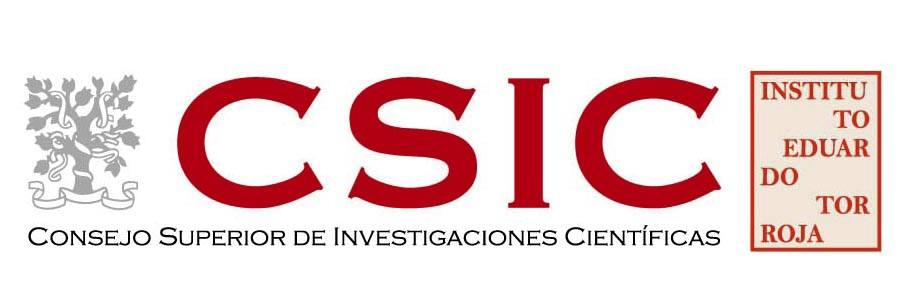The high demand for cement for repairing concrete structures leads to adverse environmental impacts, reducing the cement industry’s sustainability. For that reason, using renewable materials to develop self-healing cement-based materials is desirable to diminish cement consumption for rehabilitation and increase the durability and reliability of concrete structures.
Evaluation of hybrid organic/inorganic microcapsules for autonomous self-healing of cementitious materials offers a solution for microcracking, meanwhile conferring better characteristics to construction materials. Microcapsules evaluated in this study with a core of Silicate-based (MC-SS) and Biopolymer/Silicate-based (MC-SS-St) resins covered by a Silica shell were synthesized and added in replacement of microsilica in cement pastes at a dosage of 2.5, 5.0 and 7.5% by weight of cement. The microcapsules and microsilica were characterized by XRD, SEM, and FTIR.
Performance of cement pastes with microcapsules addition was followed by flexural and compressive strength of prismatic specimens of 1 × 1 × 6 cm3 at 7 and 28 days of curing immersed in water at room temperature. Total porosity was followed by MIP at 28 days of curing. Also, the workability of samples with 2.5% microcapsules was compared with a cement reference mixture (CEM I) and cement with microsilica (MS) as the blank sample.
Obtained results show differences in the morphology of microcapsules compared with microsilica. Moreover, as was expected, the water/binder ratio (w/b) increases with microcapsules addition, which reduces mechanical resistance. However, with the higher substitution of microcapsules, the obtained values accomplish the current regulations. Therefore, the proposed microcapsule-based system under evaluation is a promising product designed for self-healing cementitious mixtures.

